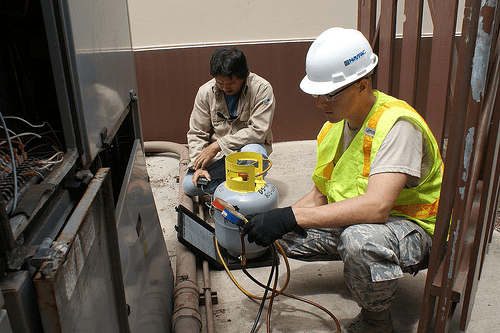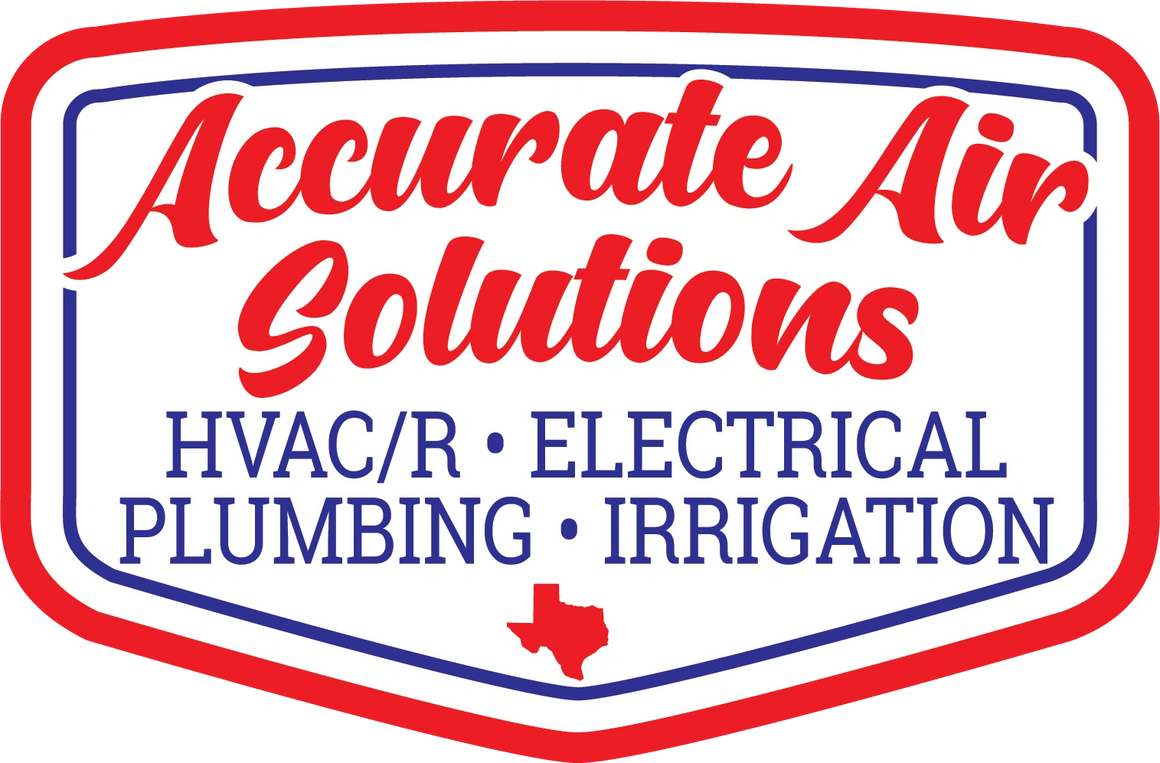Comprehending HVAC: A Comprehensive Guide to Heating, Air Flow, and Air Conditioning Solutions
In today's rapidly developing world, a basic understanding of a/c systems is no more a luxury yet a need for guaranteeing optimum indoor environments. This overview uses a detailed expedition of ventilation, heating, and air conditioning solutions, debunking the complicated interaction of components that govern convenience and efficiency. As we browse through the intricacies of choosing the ideal system and preserving it for peak performance, one starts to realize the profound influence these systems carry energy consumption and sustainability. What usual risks could be undermining your heating and cooling system's possibility without your understanding?
Fundamentals of A/c Systems
Heating, Air Flow, and Air Conditioning (COOLING AND HEATING) systems are essential parts in modern-day architecture, continually making certain optimal interior air high quality and thermal comfort. These systems are integral to preserving the wellness, productivity, and wellness of owners in property, business, and commercial settings. At their core, HVAC systems are made to control the temperature, humidity, and tidiness of air, producing a comfortable atmosphere despite outside weather.
The standard components of a HVAC system consist of heating devices, ventilation ducts, and air conditioning units. Ventilation, a crucial element of the system, involves the exchange of indoor and outdoor air, lowering indoor toxins and controlling dampness levels.

Selecting the Right Heating And Cooling System
Choosing a HVAC system includes a cautious equilibrium of performance, cost, and suitability to the certain requirements of a building. It is important to take into consideration the climate of the place, as this will influence the type of system that finest keeps comfy indoor temperatures throughout the year.
Energy performance ratings, such as SEER (Seasonal Power Effectiveness Ratio) for a/c unit and AFUE (Annual Fuel Usage Efficiency) for heating systems, are essential aspects when reviewing prospective systems. Greater rankings normally show better efficiency and reduced operating expense over time. Additionally, potential buyers should compare upfront costs with potential lasting cost savings to establish the most effective economic option.
An additional key factor to consider is the sort of system-- whether a central system, split system, or ductless mini-split is appropriate. Each offers unique benefits and limitations, based on setup intricacy and space requirements. Examination with heating and cooling specialists is a good idea to make sure that the system picked straightens with both the structure's specs and the passengers' convenience preferences.
Relevance of Routine Upkeep
As soon as the proper HVAC system is selected and mounted, preserving its efficiency and long life becomes a concern. Routine maintenance is necessary for making certain that the system runs at peak efficiency, lessening the threat of unanticipated breakdowns. Routine evaluations and maintenance can recognize prospective issues prior to they rise into pricey repairs or replacements, thus extending the life-span of the devices.

Additionally, adhering to an upkeep timetable can preserve the guarantee insurance coverage, as several suppliers call for proof of regular maintenance to honor service warranty cases. Engaging professional HVAC service technicians for routine upkeep makes sure that all components are examined properly and changed as needed. This proactive method not just safeguards the financial investment in the cooling and heating system yet also advertises a healthier interior atmosphere for passengers, enhancing total health.
Enhancing Power Performance
To improve energy performance in cooling and heating systems, it is essential to execute approaches that lessen power consumption while keeping optimum performance. One reliable technique is the combination of clever thermostats, which permit specific control over temperature level settings based upon tenancy and time of day. These devices can find out patterns and adjust heating and cooling timetables accordingly, decreasing unneeded energy use.
An additional technique includes regular inspection and cleaning of cooling and heating parts, such as air filters, coils, and ductwork. Clean systems operate more efficiently, as dirt and debris can block air flow and compel the system to function harder, taking in even more energy. Making certain appropriate insulation and sealing is also vital, as it prevents energy read what he said loss and reduces the lots on HVAC systems.
Moreover, upgrading to energy-efficient tools, such as variable-speed motors and high-efficiency compressors, can substantially cut power usage. These components change their speed and outcome to match the specific heating or cooling down need, preventing power wastage.
Investing in power recovery ventilation systems can additionally boost efficiency by exchanging heat in between outbound and inbound air streams, decreasing the requirement for added home heating or air conditioning. By embracing these steps, heating and cooling systems can achieve premium power efficiency, bring about reduced functional costs and ecological effect.
Troubleshooting Common Issues
When addressing cooling and heating system malfunctions, an organized approach to fixing can properly determine and solve common issues. The initial step entails examining the thermostat setups to guarantee they are appropriate and operating. Usually, dead batteries or wrong settings can trigger the system to behave erratically. Next off, analyze the air filters. Clogged or unclean filters limit air flow, reducing system effectiveness and might bring about getting too hot or cold.
Examine the circuit breakers visit this site and fuses; tripped breakers or blown he said integrates can halt system procedures. Additionally, analyze the outside device for any type of blockages or debris that can prevent efficiency. Regular upkeep of these elements can prevent lots of usual troubles.
Listen for uncommon noises, which might indicate mechanical issues such as damaged belts or electric motor issues. Unusual increases in energy costs can additionally indicate underlying inadequacies or leaks in ductwork. Make certain that all vents are unhampered and open to assist in ideal air flow.

Professional intervention ends up being essential if these steps do not resolve the concern, specifically for intricate troubles like cooling agent leakages or electrical mistakes. Normal examinations and maintenance by licensed professionals can preemptively attend to possible problems, guaranteeing the heating and cooling system runs efficiently and accurately.

Final Thought
In final thought, a detailed understanding of A/c systems is vital for ensuring optimal interior comfort and air high quality. Resolving typical concerns with effective repairing further makes certain the trustworthy operation of Cooling and heating systems, profiting both services and home owners.
As we browse through the ins and outs of choosing the appropriate system and maintaining it for peak performance, one begins to understand the profound influence these systems have on power intake and sustainability.Heating, Air Flow, and Air Conditioning (A/C) systems are pivotal elements in modern-day architecture, continually guaranteeing ideal indoor air high quality and thermal convenience (Electrician in Brownwood TX).One more crucial factor to consider is the type of system-- whether a central system, split system, or ductless mini-split is ideal. Clean systems run much more successfully, as dust and debris can obstruct airflow and force the system to function harder, consuming more power.In final thought, a complete understanding of A/c systems is essential for guaranteeing optimal indoor convenience and air top quality